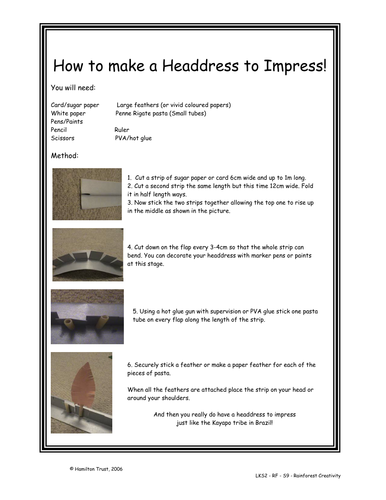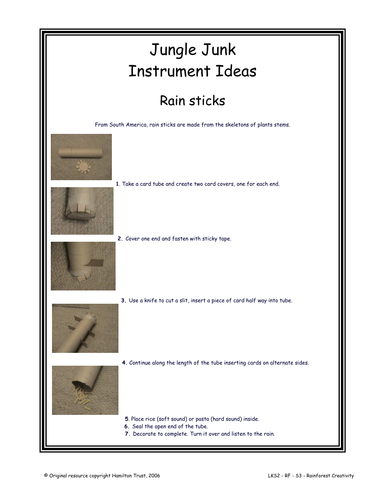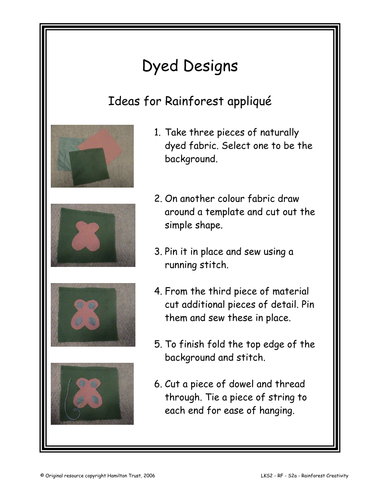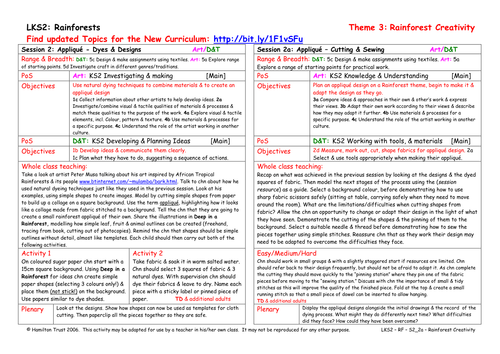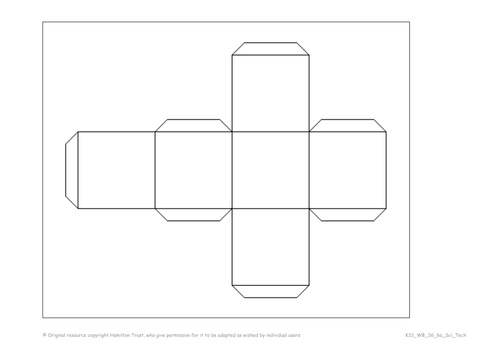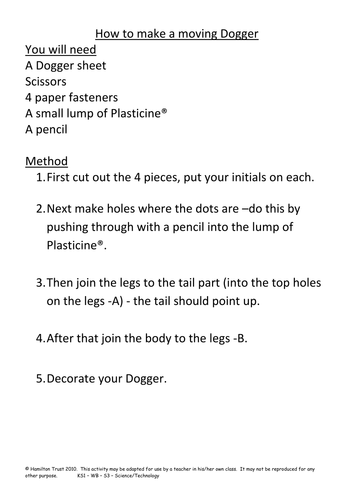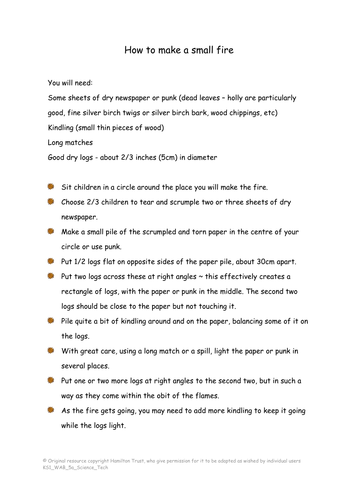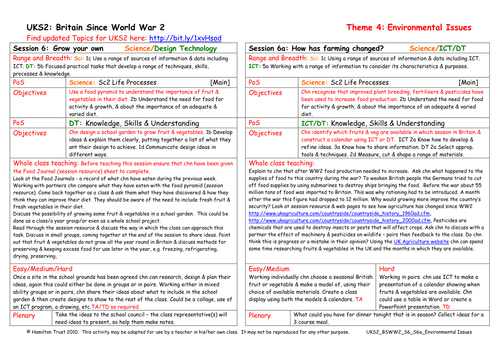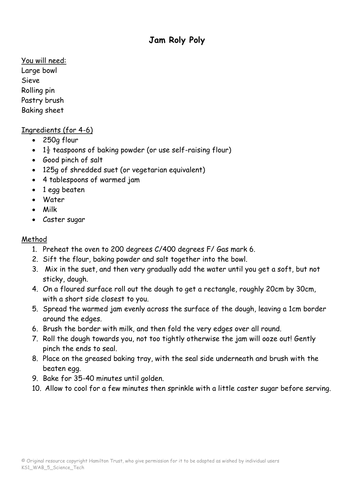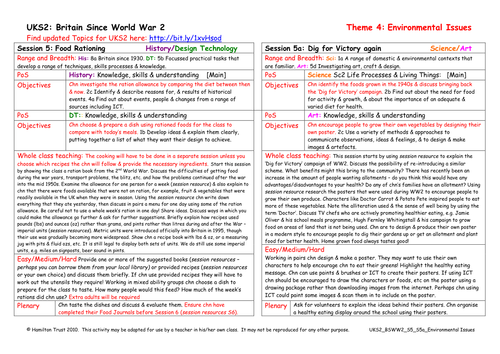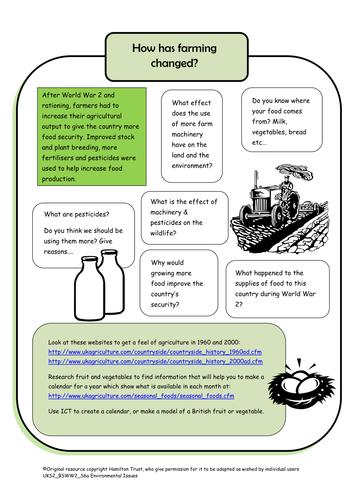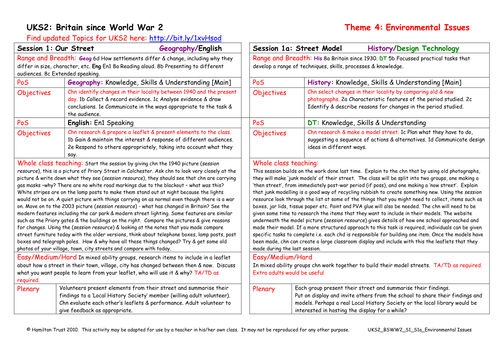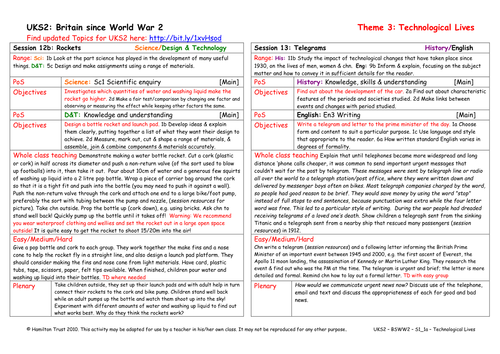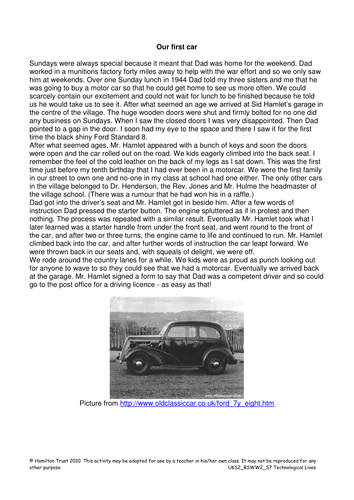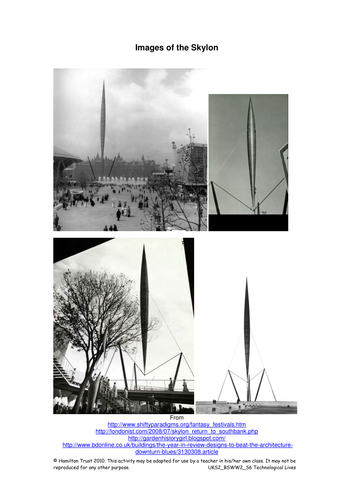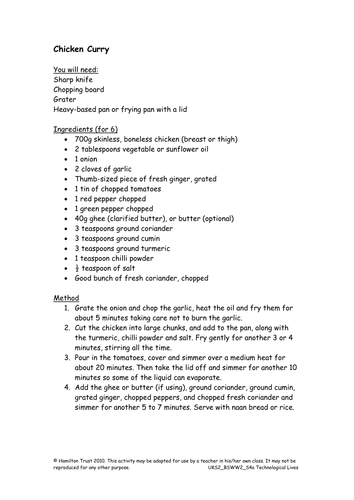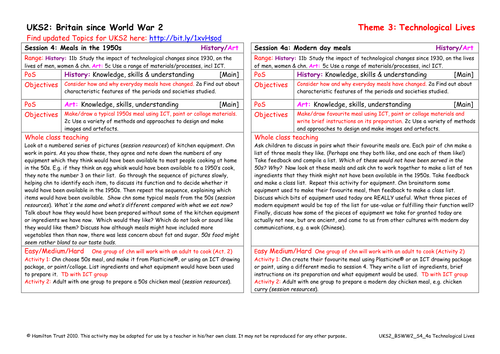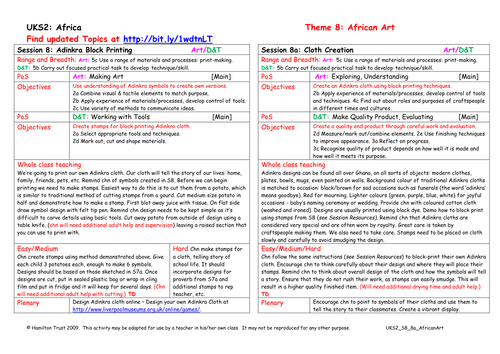
397Uploads
10041k+Views
11644k+Downloads
Design, engineering and technology

Headdress to Impress!
The Kayapo Indians who live in the Rainforests of Brazil are famous for their ceremonial headdresses. In this session children use the internet to study their designs before creating their own to wear in the classroom.

Jungle Junk
Listen to the Rhythm of the Rainforest in this session! Children start by studying the Baka people who live in the African Rainforests, looking in detail at their instruments. Children then create simple instruments of their own using junk modelling techniques.

Appliqué – Cutting & Sewing
In this session children complete their Appliqué by cutting and sewing the pieces of their design before proudly displaying it in the classroom. They take time to reflect on the whole dyeing and designing process and evaluate the finished product.

Appliqué - Dyes & Designs
Amazing Amazonian Appliqué! Children use the work of an artist inspired by the rainforest and Deep in a Rainforest as a starting point for some art work of their own. They create simple designs and dye their fabric nature’s way in this session.

Make A Box
Moving on from the last session, children explore how boxes are made from nets by taking apart packaging boxes. Then using a pre-prepared net, children make and design their own boxes.

Make a Moving Dogger
Practise cutting and joining skills by making a moving Dogger. This session links to English Plan 2 Stories with familiar settings. Learn how to cut well, make a hole in cardboard and construct moving joins using paper fasteners.

Cooking Food on an Open Fire
Immediately after the war many people cooked on open fires using wood, which was cheap or easy to gather free. Cook some potatoes on an open fire outside for children to taste with butter or cheese. If possible allow children to toast some marshmallows with adults.

Grow Your Own
Children compare a food journal they have kept with a food pyramid which gives the recommended servings of different food groups. The need to include fruit and vegetables is highlighted and children design a garden to grow their own.

Cooking A 1950's Meal
Children have the opportunity to cook one course of a typical 1950s meal or to set the table. Discuss safety measures before children cook the shepherds’ pie, rice pudding or sponge pudding and custard. Will everyone have a taste of all three dishes?

Food Rationing
During the 1940 and 50s food was rationed. Discuss the ration allowance then and compare it with what you eat now. In groups and using suggested books or resource examples children will choose and cook a ration recipe for everyone to taste. Was our diet better then?

Energy
This session we consider how we are using up fossil fuels. How did we heat our homes and cook in the past? Discuss renewable energy and any local schemes to try and use more renewable energy. Challenge children to make a solar oven and cook something with it!

How Has Farming Changed?
After WW2 and rationing farmers had to increase production. Children discuss where food comes from, and their views on the use of heavy farm machinery and pesticides. Children make a model of a fruit/vegetable or create an ICT presentation showing seasonal availability.

Street Model
Building on previous session, children make a model of a street near the school (or from imagination). Class is split in two – one group make a ‘then’ model and one a ‘now’ model – using junk modelling techniques. Display along with leaflets previously made.

Rockets
Demonstrate a water rocket to children, they then make their own, adding fins, nose cone and design a launch pad.

History of Cars
Children listen to a memoir of an elderly person's first car and then look at modern day car brochures looking for features which are new, and write a list of features they would like to see in future cars.

Household Gadgets
Children discuss labour-saving gadgets and chores which are still time-consuming or unpleasant. They then work in groups to design their own gadget and present it to the rest of the class as in the Dragon’s Den.

Festival Of Britain Architecture
Children look at Festival of Britain architecture especially the Skylon and Dome of Discovery. They choose to make a Skylon, Dome or to design their own futuristic piece of architecture.

Modern Day Meals
Children discuss their favourite meals, made a model/drawing of it as session 4. One group prepares a chicken curry. All taste this and vote for either the 1950s chicken meal or the modern day curry.

Meals In The 1950's
Children look at pieces of kitchen equipment and guess which were available in the 1950s. One group make a real chicken meal, whilst the others make a typical 50s dinner from Plasticine, an ICT package or paint/collage materials. All taste the 50s dinner.

Adinkra Block Printing
Selecting appropriate tools and techniques chn create potato stamps of their own Adinkra cloth symbols, ready to block print on a cloth.

